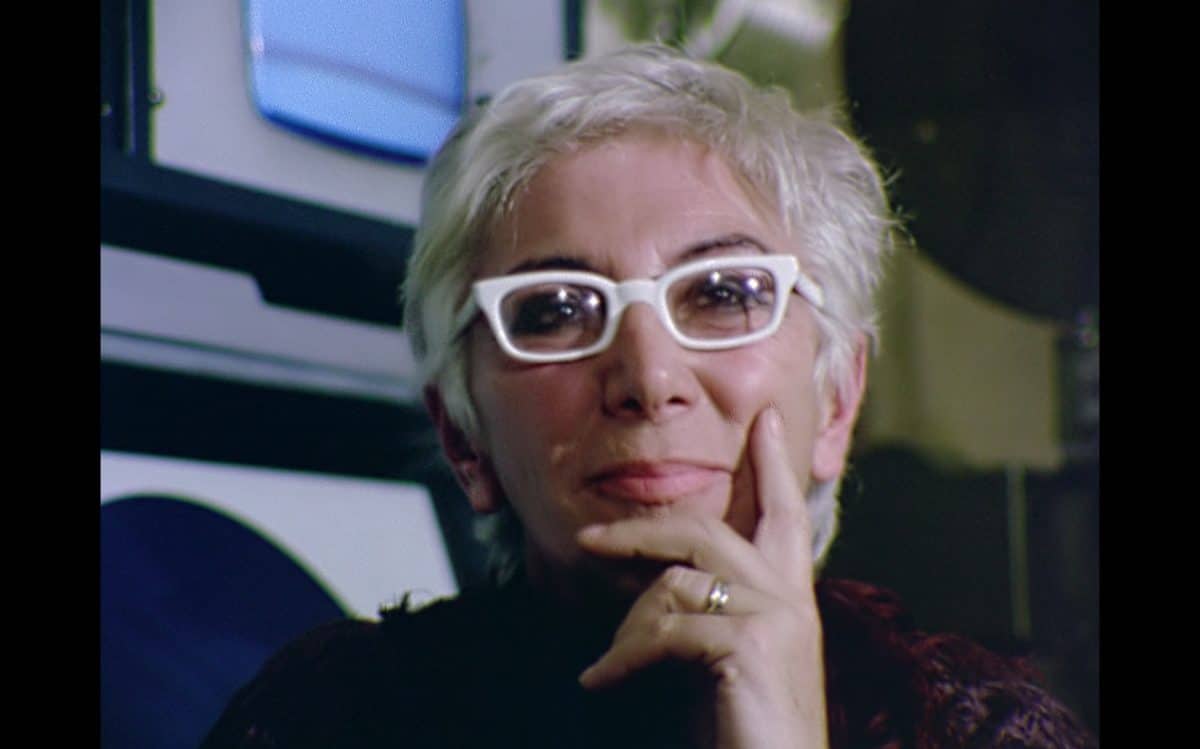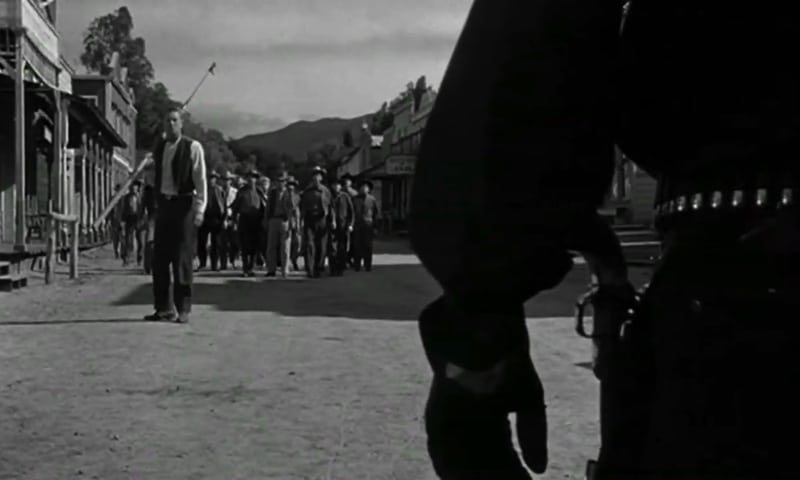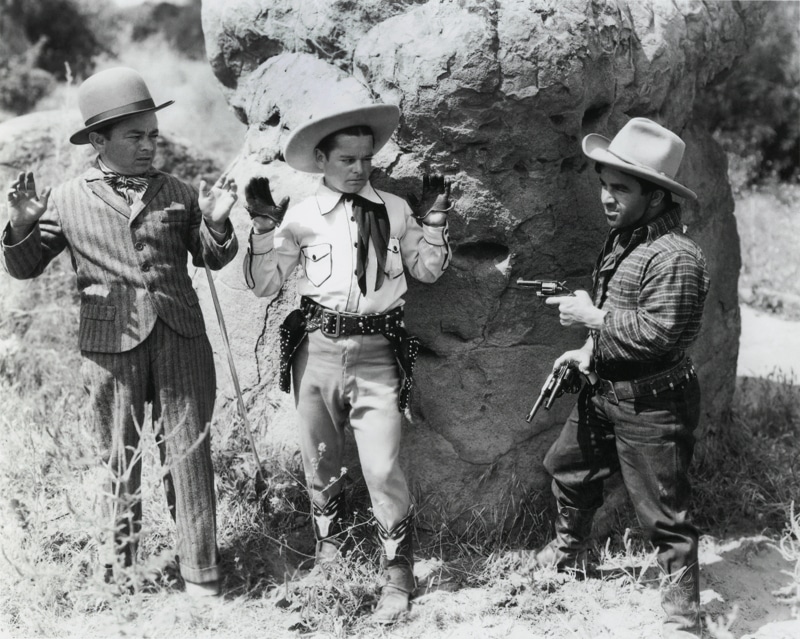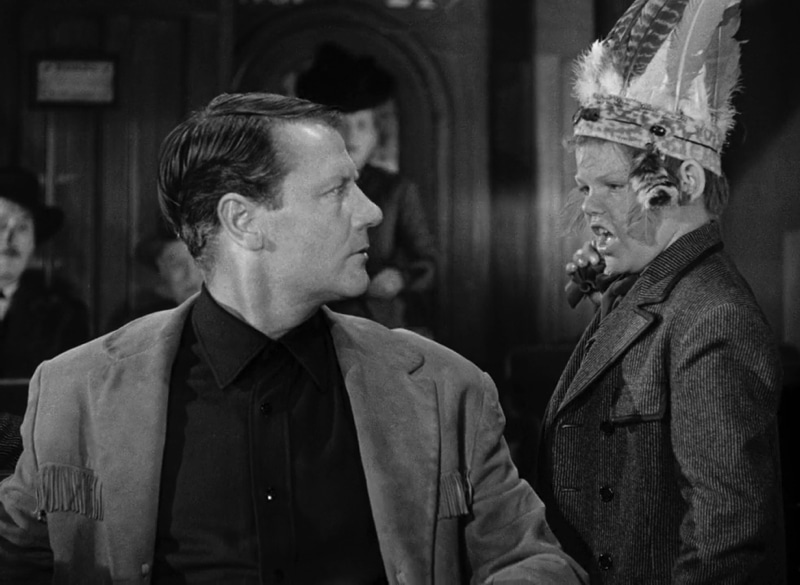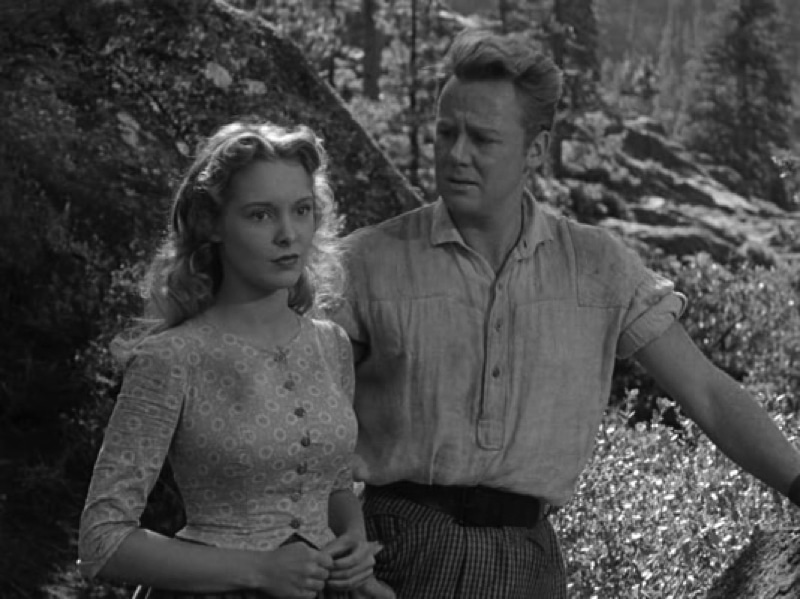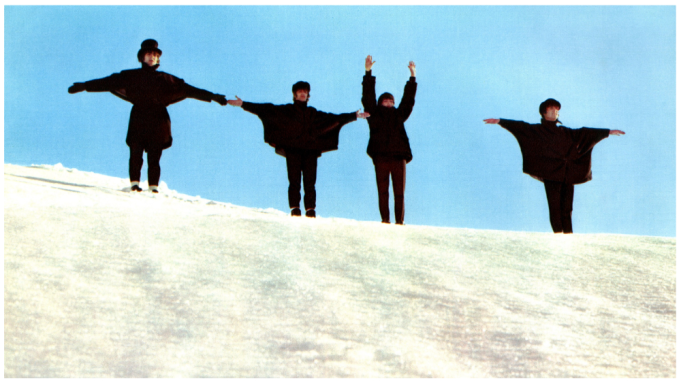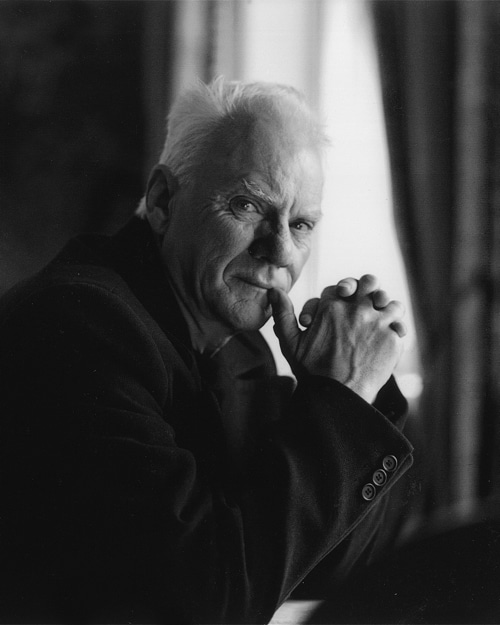The capital of Piedmont, Turin sits majestically on the banks of the Po River set against the snowy peaks of the Alps. The home of Fiat cars is famous for its regal architecture, grandiose piazzas and Juventus stadium. Turin is also a foodie capital: white truffles, risotto and ‘bicerin’ – molten hot chocolate that has to be eaten with a spoon – taking its name from the oldest cafe founded there in 1763.
Celebrating its 41st edition Torino Film Festival announced the following awards:
Best film (18.000 €) to:
LA PALISIADA by Philip Sotnychenko (Ukraine)
With the following motivation:
Complex film of great directorial freedom in the construction of concatenated scenes that find their own independent meaning. In his debut work, the director demonstrates absolute mastery of means.
Special Jury Award (7.000 €) to:
LE RAVISSEMENT by Iris Kaltenbäck (France)
With the following motivation:
Harmoniously successful film, where everything contributes to the excellent final result. Iris Kaltenbäck, with the complicity of performers Hafsia Herzi, Alexi Manenti and the entire cast, makes a mature and engaging first feature
.
Best actress to:
HAFSIA HERZI for the film LE RAVISSEMENT / THE RAPTURE by Iris Kaltenbäck (France)
Special mention to:
BARBARA RONCHI for the film NON RIATTACCARE by Manfredi Lucibello (Italy)
Best actor to:
MARTÍN SHANLY for the film ARTURO A LOS 30 by Martín Shanly (Argentina)
Best screenplay to:
SÉBASTIEN LAUDENBACH, CHIARA MALTA for the film LINDA VEUT DU POULET! by Sébastien Laudenbach e Chiara Malta (France/Italy)
INTERNATIONAL DOCUMENTARIES COMPETITION
The jury of the International Documentaries Competition composed by Tizza Covi (Italy), Carlo Hintermann (Switzerland/Italy), Jessica Woodworth (Belgium/United States) awards the prizes:
Best Film IWONDERFULL (6.000 €) to:
NOTRE CORPS / OUR BODY by Claire Simon (France)
Special Jury Award to:
CLORINDO TESTA by Mariano Llinás (Argentina)
Mention to:
SILENCE OF REASON by Kumjana Novakova (Bosnia)
ITALIAN DOCUMENTARIES COMPETITION
The jury of the Italian Documentaries Competition, composed by Valentina Bertani (Italy), Fabio Bibbio (Italy) and Costanza Quatriglio (Italy), awards the prizes:
Best Film (6.000 €) to:
GIGANTI ROSSE by Riccardo Giacconi (Italy) With the following motivation:
On the blurred boundary between reality and fiction, in a tale that reasons on the mechanisms of representation and the staging of reality, the director takes us on a sentimental journey through family conflicts and the difficult memory of a brutal group violence against a defenseless man. Thus the camera becomes an opportunity to unveil unspoken secrets and emotions.
Special Jury Award to:
TEMPO D’ATTESA by Claudia Brignone (Italy) With the following motivation:
The months leading up to childbirth constitute a time of sharing in the film. A balm for the fears that women too often keep to themselves and that here they face together by building a community. In women’s mutual listening and the filmmaker’s understanding, the time of waiting is the precious time of caring.
CRAZIES | COMPETITION
The jury of the Crazies Competition, composed by Alessandro Boschi (Italy), Anaïs Emery (Switzerland) and Maurizio Tedesco (Italy), awards the prize:
Best Film to:
AUGURE / OMEN by Baloji (Belgium/Congo/Netherlands/Germany/South Africa)
Special mention to:
VISITORS – COMPLETE EDITION by Kenichi Ugana (Japan) and
THE COMPLEX FORMS by Fabio D’Orta (Italy)
FIPRESCI PRIZE
The jury composed by film critics Roberto Baldassarre (Italy) Joanna Orzechowska-Bonis (France), Harri Römpötti (Finland) awards the Fipresci Prize (Premio della Federazione Internazionale della Stampa Cinematografica) to:
BIRTH by Jiyoung Yoo (South Korea)
With the following motivation:
Birth is an accurate feminist dissection of the role of women balancing motherhood, work and creativity in our competitive world by a Korean director inspired by Yasujirō Ozu’s cinema.
TORINO FILM FESTIVAL 2023 | 24 NOVEMBER – 2 DECEMBER 2023

